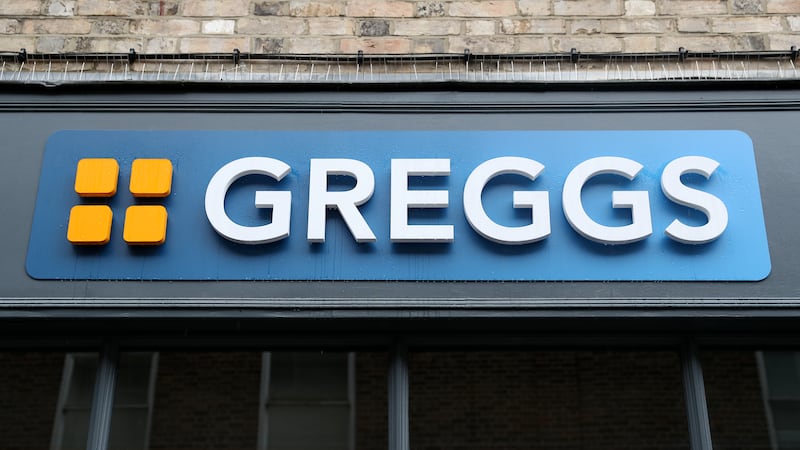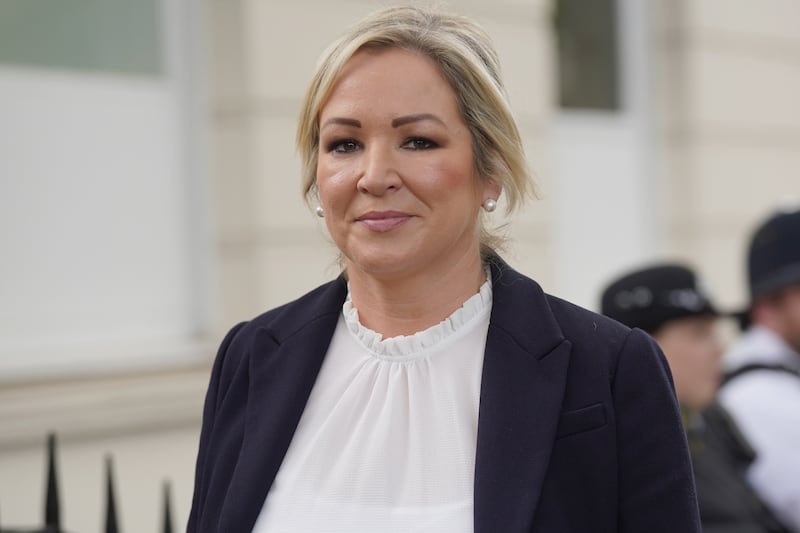NORTHERN Ireland's vibrant small business community needs "decision-makers" right now to focus on economic stability during the period of uncertainty following the referendum outcome.
And the Federation of Small Businesses (FSB) is asking for government assurances that there will not be reinstatement of border controls between Northern Ireland and the Republic when EU negotiations get under way.
“Firms in Northern Ireland will look to the Stormont Assembly, as well as the UK government and Bank of England, to provide leadership during this uncertain period," the FSB's regional chairman Wilfred Mitchell said.
“While questions about further potential changes within the UK itself will inevitably dominate the headlines, there are more immediate matters for small firms – from clarity over access to the single market to the free movement of people.
"Clarifying the issues around Northern Ireland’s unique position, as the only part of the UK to share a land border with another EU state, now move from theoretical to reality and we need to remove the uncertainty that this unresolved question has now brought,” he added.
The business organisation's national chairman Mike Cherry, is due to meet UK Business Secretary Sajid Javid today, when he will push for immediate action to reassure small businesses so they can continue to trade and do business with Europe.
"Smaller firms need simple access to the single market, the ability to hire the right people, continued EU funding for key schemes and clarity on the future regulatory framework," he said.
"This is crucial to ensure economic growth and job creation.”
A third of FSB members export or import, with the vast majority doing so with other countries within the single market. Access to the single market means access to 500 million potential consumers, more than 26 million businesses and is worth more than £9 trillion.
"The UK decision to leave the EU will impact smaller firms which directly import, export, but are also part of a supply chain," according to the FSB.
Smaller firms employ 15.6 million people, which make up 60 per cent of all private sector employment in the UK.
"Directly and indirectly, many small businesses have benefitted from EU funds, some channelled toward infrastructure and others toward local initiatives," Mr Cherry said.
"FSB members want reassurance that all schemes remain fully-funded in the short-term and a full assessment of the future of EU-funded schemes takes place.
"The government's deregulation drive has seen some success, but we now call for a stronger role for the regulatory policy committee in terms of tax regulations and rules coming from the EU.
"Government should now be setting out their approach to boost this drive to remove red tape. UK/EU law has been developed over the last 40 years and now needs to be disentangled, and Government must provide clarity over what new regulation may be required."
Mr Cherry said: “We will seek to ensure that the confidence of the UK’s 5.4 million small businesses, which is already at its lowest level since 2013, does not fall any further.”








